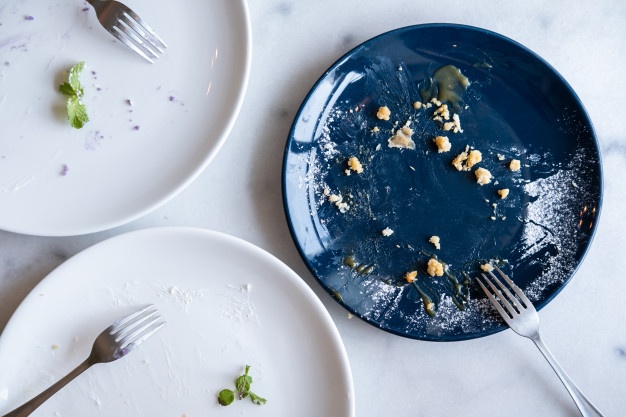
Unhealthy eating are worse problems than we would care to admit, but the consequences are grievous and definitely a good reason to pause, and re-evaluate certain bad eating we engage in that ultimately affect our weight and other aspects of our lives. (Mental and physiological)
After reading this article that carefully lists out 10 unhealthy eating habits that we have, that should help you retrace your steps and get you eating right again. Also bear in mind that it is not all about what you eat, but how you eat it. Check these out.
Skipping meals regularly

A study from the American Journal of Epidemiology found that people who cut out the morning meal were 4.5 times more likely to be obese. This is because skipping meals slows your metabolism and boosts your hunger, and this puts your body in prime fat-storage mode and increases your odds of overeating at the next meal.
Eating dinner after 9pm

Although the saying that eating dinner past 9pm is a dangerous, it is a medical myth. It is not entirely true, however, it is true that late-night eaters are more likely to gain weight compared to those who take advantage of the early. It’s not because they don’t burn those calories as rapidly; it’s because they are more prone to binge eat and subsequently choose unhealthy foods high in sugar and fat. Not only will these high-energy foods pack on the pounds, but many of them can make it harder to fall asleep.
Putting too many food restrictions on yourself

This is a recipe for disaster. When you feel like you aren’t able to enjoy something indulgent from time to time, it can leave you with hard-to-ignore cravings. So enjoy that food you’ve been eyeing.
Cutting out entire food groups at a time

Just in case you’ve declared war on all things carbohydrate and have gone strictly keto or paleo, you might want to proceed with caution, because more often that not, diets that cut out entire food groups do not allow for the balance and moderation we need to follow a healthy, lifelong eating plan. Plus, dieters who follow these plans may be prone to potentially dangerous nutritional deficiencies.
Eating most of your meals out from fast food joints or restaurants

Very bad habit here! Countless studies show that restaurant food is both high in calories and loaded with salt, the ingredient that causes belly bloat. Cooking your own meals can help you cut back on both of these measures. In fact, Johns Hopkins researchers found that home cooks will consume nearly 200 fewer calories than people who eat out more often
Always using large plates to eat

Think on this; the bigger the plate, the bigger the food quantity; this means more food, more calories, and more body fat. Keep your portions in check by choosing smaller serving dishes. If need be, you can always go back for seconds.
Nothing ever remains of your plate

Completely polishing off all the food on your plate is completely unnecessary. Eat until you’re 80% full, and then stop. In Japan, this method is called hara hachi bun me, which roughly translates to “eat until you are eight parts (out of ten) full. Eat 8 over 10.not 10 over 10.
Using food as an emotional crutch

If you feel the urge to eat in response to stress or a bad mood, try chewing a piece of gum, chugging a glass of water, or taking a walk around the block. Create an automatic response that doesn’t involve food and you’ll prevent yourself from overloading on calories.
You drink most of your calories

Yes, this bad eating habit goes for everything from sodas and alcohol to juice cleanses and bottled teas. That’s because beverages often lack healthy fats and fiber: two satiating nutrients that keep hunger pangs at bay. There are several factors at play when it comes to satiety, and experts believe that both the sound and the physical act of chewing helps monitor your consumption; they think chewing will even increase satiety better than slurping
Eating when you’re not really hungry.

Free food, boredom etc are not reasons to eat. Whenever you see food that’s tempting you, ask yourself, “Am I actually hungry?” Test yourself by knocking back a cup of water and waiting 10 minutes. Around 60% of the time, people inappropriately respond to thirst by eating instead of drinking water.

